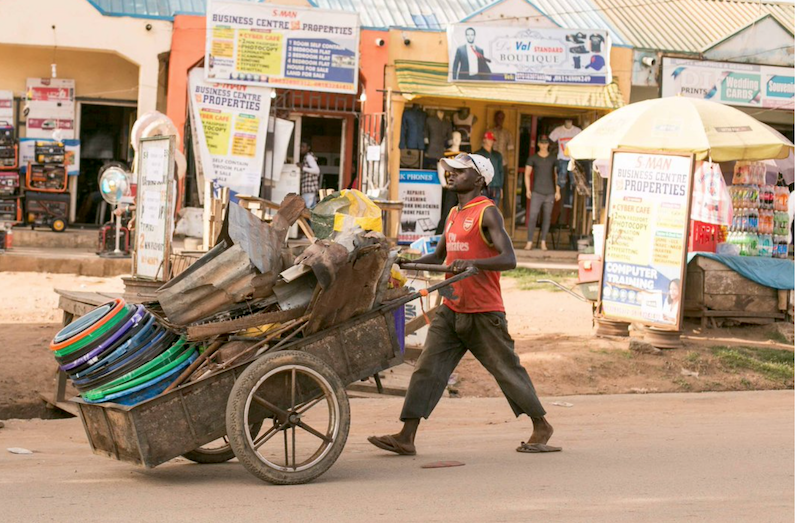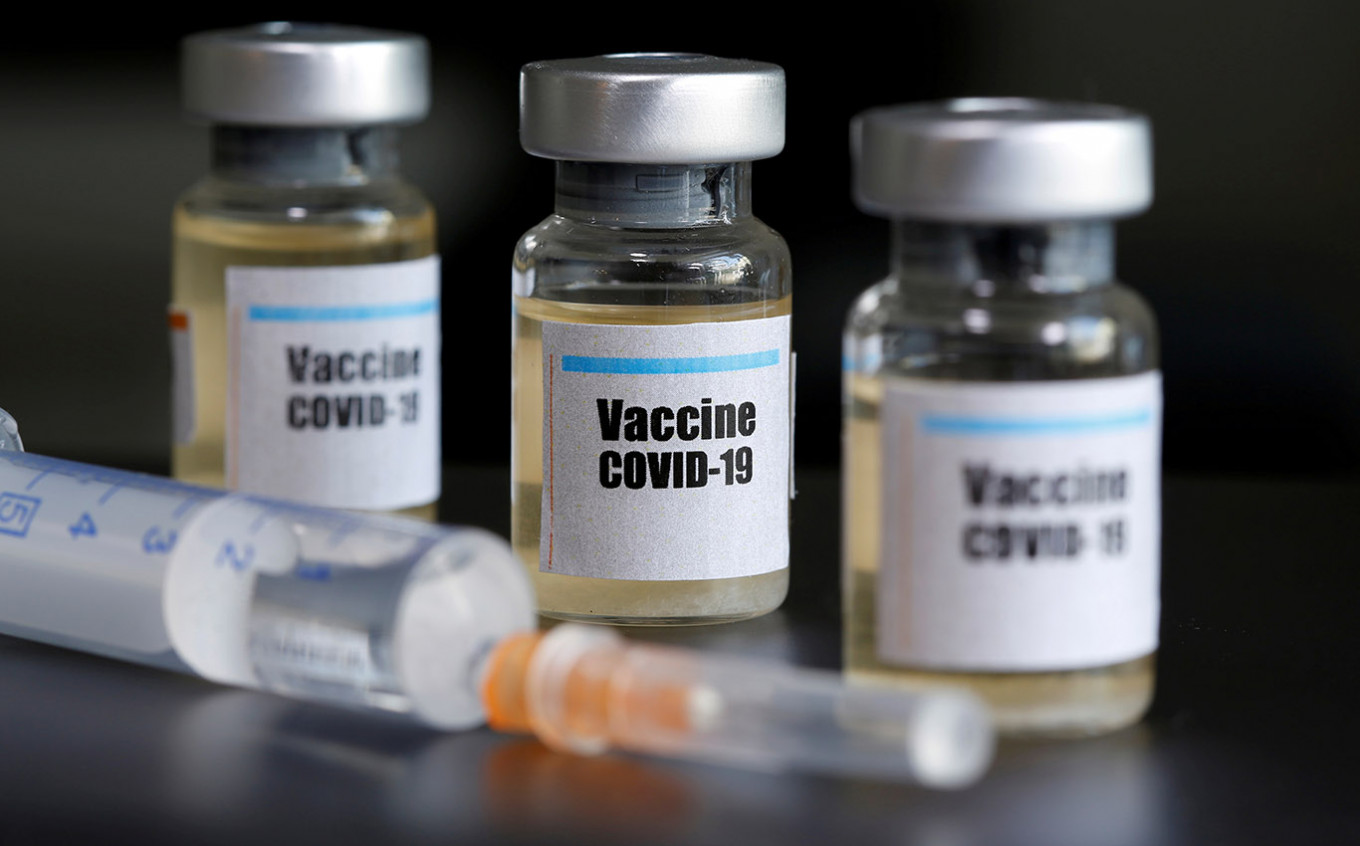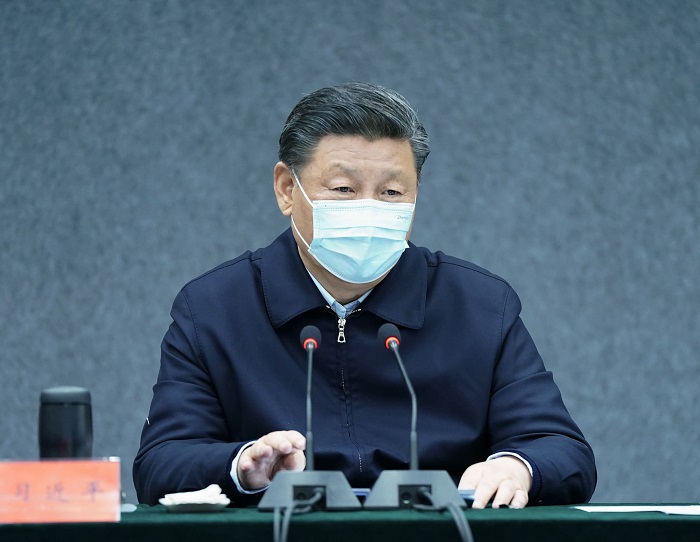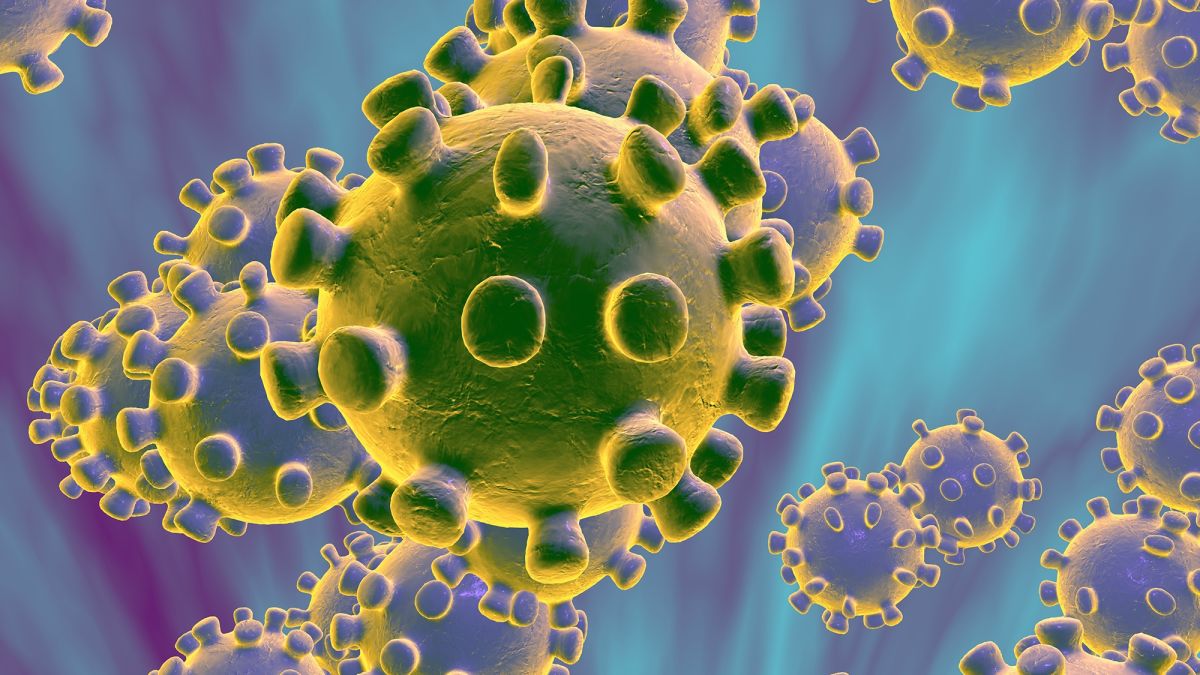By Dakuku Peterside
Containing the spread and impact of Covid-19 is a herculean task for Africa and African governments. It is even more challenging when western countries and their allies deliberately conspire to allow politics and economic nationalism instead of science to define global response to a virus that we know little about. Its origin,transmission and severity are still matters of contention among experts. From the day South African medical scientists raised the alarm about discovering the Omicron variant of Covid-19, the western world came out in full force to display its racist diplomacy against Africa. Critical thinking and scientific inquiry were jettisoned, and the new variant was inappropriately dubbed the “African Covid-19”.
Politics indeed plays a role in health affairs, but it should not define global response to an epidemic requiring an evidence-based response. Viruses do not know colour, creed, nationality, or race. As evidenced with the COVID 19, humans across all strata and genealogy are exposed to this deadly disease. Singling out a group to target and discriminate against is a folly taken too far.
On November 26, the World Health Organisation (WHO) labelled Omicron a “variant of concern”, the fifth version (Alpha, Beta, Gamma, and Delta having come before it) of the virus to be thus marked out. Omicron has generated quite a stir globally in the past few weeks and has put Africa and Nigeria in the middle of it all. There were earlier predictions that the covid virus would continue to mutate, and so this did not come to public health experts as a surprise. What may have caused the uproar is the West’s response to this new variant.
Immediately South Africa announced this new variant, the West flinched back to protectionist and nationalistic mode, and Africa became a target of opprobrium and discrimination. The narrative and actions of affluent western countries immediately toed Africa’s dominant historical ‘narrative’ as a dangerous place with exotic diseases that will threaten other parts of the world. Usually, one will assume that the global community should praise South Africa for its openness and scientists for working hard to identify this new variant. But that was not the case. Fuelled by self-destructive nationalism, the West was in a hurry to shut down the world on South Africa and other southern African countries, and later even countries in west Africa, including Nigeria.
Reacting to this, WHO Executive Director posits, “It’s really important that there are no knee jerk responses here, especially with relation to South Africa. South Africa is picking up interesting and important information for which we are doing the proper risk assessment and risk management. We have seen in the past that when there is any mention of a variant then everyone is closing borders and restricting travel. It is really important that we remain open and focused on characterizing the problem, not punishing countries for doing outstanding scientific work and being open and transparent about what they are seeing and what they are finding”.
Furthermore, CBS News reported that Dutch health authorities announced last Tuesday that they found the new Omicron variant of coronavirus in cases dating back 11 days, indicating that it was already spreading in western Europe before the first cases in southern Africa were identified. The RIVM health institute found Omicron in samples dating from November 19 and 23. Also, in many European, North American, and Asian countries, Omicron was seen in numbers sizeable enough to be of concern, but the reaction that followed did not target these countries but only African countries.
The statements so far from the West have all the trappings of intellectual and scientific incoherence. Once Africa is involved, the West suspends logical reasoning backed by scientific evidence and wears the cap of self-protectionism, discrimination, and fearmongering to paint Africa in a bad light. The West acts as if when a variant is linked to a place it was detected first, it must create many stigmas, and they (a healthy privileged population) have the right to blame someone. It’s imperative to highlight that when a new variant is detected in a specific place, it doesn’t mean it originated there; it may simply imply that professionals in the health area did a good job and noticed it before anybody else.
Besides, that a variant starts in one place does not mean that the variant will become very established in another area to warrant
the knee jerk reaction that followed omicron announcement. There is a precedent for this. Southern Africa suffered a wave of the Beta variant at the end of 2020, but it never became established elsewhere. Alpha swept across Europe but never became based in southern Africa. A variant spread in one place and not another as much, maybe more evolutionary, and environmental. For Covid 19, a crucial part of the environment is the immune system, which is person specific.
This knee jerk response of clamping down on some countries where Omicron is found (many countries outside of Africa where scientists found it had not received the same level of punishment or ostracisation that African countries did) and shutting down flights from these countries are only justified because of the idea of stopping or delaying Omicron from reaching these countries.
The pertinent question at this point is, why is Africa targeted? Why are Africans enraged about the barrage of bans from the West? We must note with great emphasis that in 2020 when covid 19 left Wuhan, it first infected many people in the US and Europe before it reached Africa. However, African countries did not discriminate against those western countries, nor did they ban flights from them in a knee jerk reaction as these countries are doing now. Africans
saw thousandsof people infected in the West that died from covid 19. But they did not discriminate or target the West for ridicule. Why is the West doing this to Africa now? This is only an extension of the dialogue of the imbalance between Africa and the West. Unfortunately, what ought to be a scientific debate has been overwhelmed by racist diplomacy and economic nationalism.
The irrational reaction of the West in this issue of Omicron is tangentially related to how they have handled the vaccination in poorer countries. They are yet to show real commitment to the vaccination in Africa and other developing countries generally. This has resulted in a threatening disparity. This wide gap between vaccination rates in the West put at 70 per cent of
the population against the less than 7per cent for Africa is a reason for unbridled protectionism. Part of the protectionist policies was shutting out Africa from the rest of the world, starting from air travel. Some countries banned flights from Southern Africa from coming to Europe, and other African countries were added later. The case of Nigeria with its negligible number of omicron cases makes no sense.
Canada was the first country to ban Nigerian flights despite the fact that there are no direct flights between the two countries. Nigerians are, however, more incensed with the British government putting Nigeria on the red list. But, before the British government put Nigeria on the red list, there were more cases of Omicron in the UK than in Nigeria, and there are even more cases in many European countries, but the UK did not put those countries on the red list. One will imagine given this approach that had the first Covid 19 virus, the first identified in China last year originated in Africa; it is now clear that ‘the world would have locked Africa away and thrown away the key’. There would have been no urgency to develop vaccines because Africa would have been expendable. This virus is already on three continents, and nobody is locking away Belgium,Denmark or Isreal . Why is the West locking away Africa?
The implications of this locking of Africa are enormous. They are psychological – the emotional impact of Africans feeling discriminated against – and economic and social consequences. The loss
in productivity and revenue to businesses in the aviation and allied industries in Nigeria within the period of the ban will affect the economy in the long run. Given the timing of this ban, many Nigerian families abroad that have planned to travel back to Nigeria to celebrate charismas with their families may have to call off the travel plan.
Perhaps, if the government had been challenging this hatred as it did with the case of the UAE, Nigeria may get more respect. Nothing stops developing countries from engaging with the West more challengingly if they act condescendingly towards them. There is a need for mutual respect from all countries and continents devoid of patriarchal sentiments and tendencies bordering towards ideological apartheid and unnecessary supremacy inclinations.
Omicron appears to be a politically divisive variant of the Covid-19 virus. The common lies about the Omicron variant targeted at Africa are not backed by scientific evidence. Instead, they reify existing ideology that often depicts Africa badly. Western countries’ fear of doom coming from Africa fuels their overaction. Europe and its powerful allies are acting as if they are the exact representations of overbearing patriarchy – they rape, exploit, and use Africa as a resource base whilst condemning it as a hell on earth.
The Covid crisis is not about to end. There may be other mutations with even stranger names. One thing is clear: the gains of globalization may be eroded by the history of this virus. Both the West and Africa stand to lose. China’s interests will advance as it keeps dealing with the virus as a scientific and economic challenge with hidden benefits. Africa must rise and seek collaboration and cooperation instead of looking up to the West for salvation.
This discriminatory treatment of Africa should spur a renewed sense of Pan-Africanism and bring all African countries together to work for their collective good. Reliance on the West to solve Africa’s problems reifies Africa’s perception as a problem continent and the concomitant fear that goes with those negative sentiments about Africa that persists in the West. Africa has allowed the West to tell its story for too long, and it is time Africa takes back control of its narrative and engage with the world on better terms. Sometimes, it is difficult to blame the West for their knee jerk reactions to African issues. It comes from their existing perceptions of Africa as a corrupt haven, where poverty and disease are ravaging the continent that cannot help
itself. Although this perception is not entirely accurate, Africa still engages from weak and needy positions with the world.
I implore western countries that have placed restrictions on travel to and from Africa to change that policy immediately. The UK should revert to the status quo and allow Nigerians and British citizens to travel to the UK and Vice versa, especially during this Christmas festivities. The stress and cost of quarantining citizens who probably are Omicron variant Covid 19 free just because of unscientific sentiments are unwarranted. If the West insists on this path, a retaliatory action may be inevitable and the next time African countries identify a variant of the Covid 19, they know exactly what not to do.








